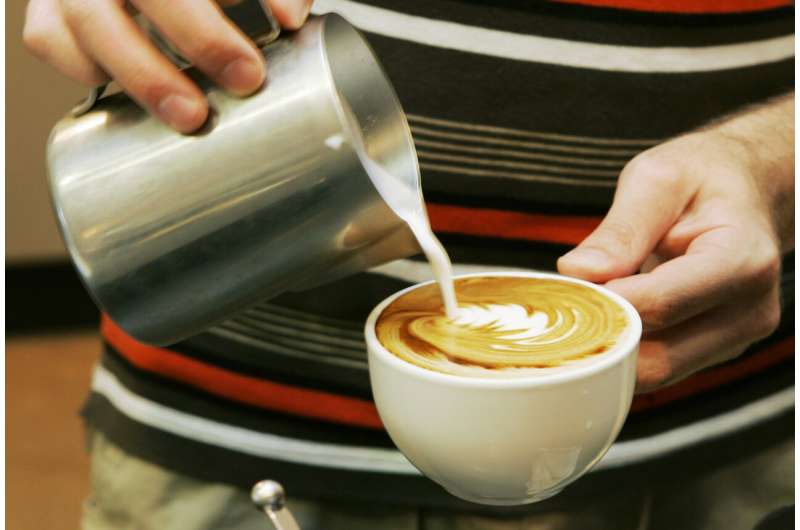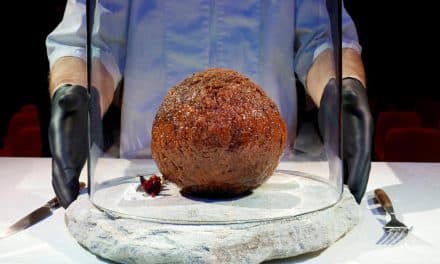New research published in the New England Journal of Medicine found that drinking caffeinated coffee did not significantly affect one kind of heart hiccup that feels like a skipped beat. However, it did show a slight increase in another type of irregular heartbeat in people who consumed more than one cup per day. Additionally, the study discovered that people tend to walk more and sleep less on the days they drink coffee.
In the U.S., two-thirds of Americans drink coffee every day, making it one of the most common beverages in the country. Despite research indicating that moderate coffee consumption does not raise the risk of heart rhythm problems, some professional medical societies still advise against consuming caffeine.
In the experiment, 100 healthy volunteers, mostly under 40 years old, were outfitted with gadgets that continuously monitored their heart function, daily steps, sleep patterns, and blood sugar. Over two weeks, they received daily text messages instructing them to drink or avoid caffeinated coffee on certain days. The study found that drinking caffeinated coffee did not result in more daily episodes of extra heartbeats, known as premature atrial contractions. However, there was a slight increase in another kind of irregular heartbeat called premature ventricular contractions in people who drank two or more cups per day.
Volunteers logged about 1,000 more steps per day on the days they drank coffee and slept about 36 minutes less. The study also found that people with genetic variants that make them break down caffeine faster experienced less of a sleep deficit.

Although the study was performed on a small number of people over a short period, the results are consistent with other research that found coffee to be safe. Study co-author Dr. Gregory Marcus advises patients with heart arrhythmias to experiment on their own to see how caffeine affects them.
Source: Medical Express




